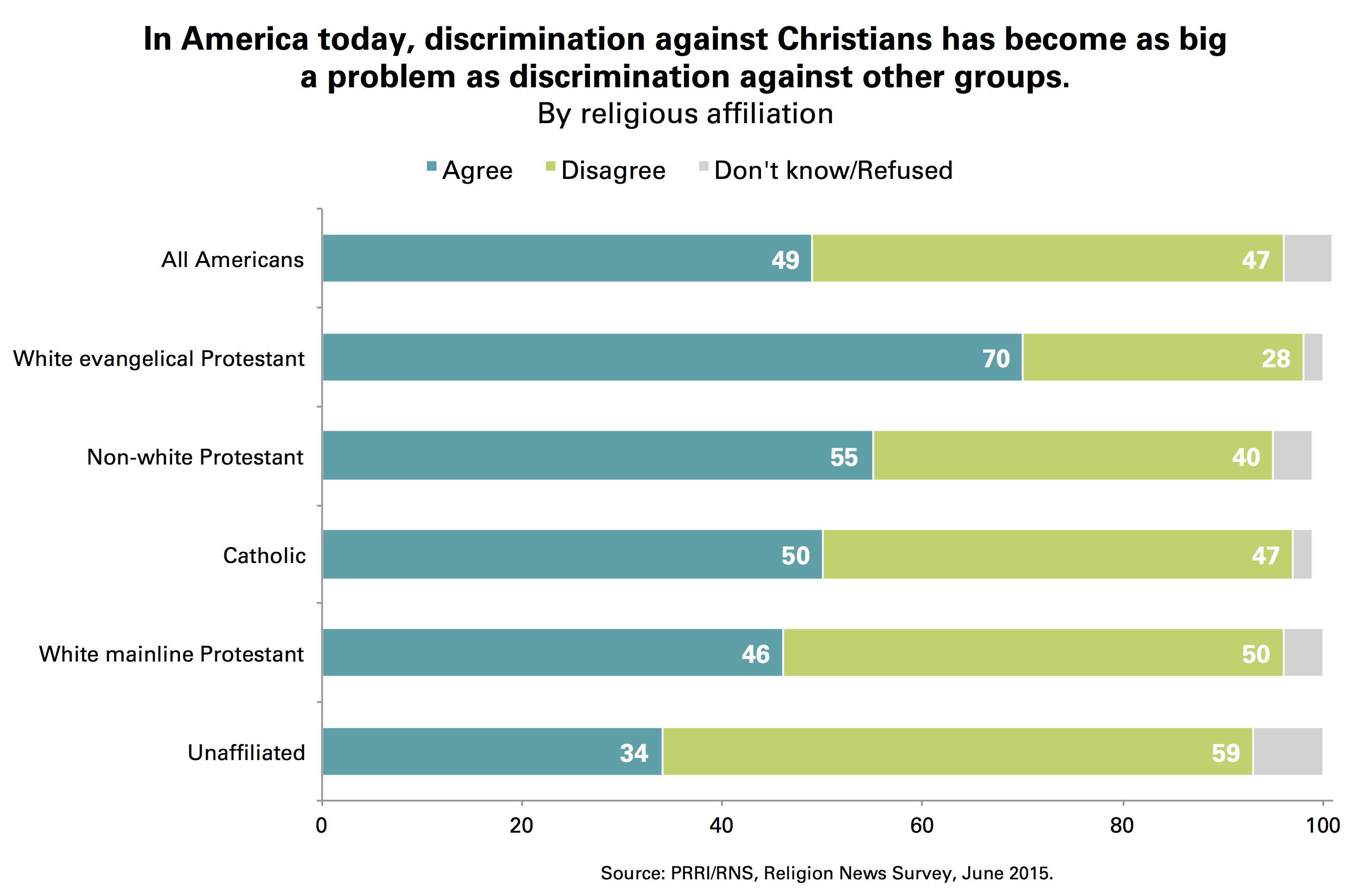Following an attack in which a gunman, Ayoub El Khazzani, was successfully tackled and disarmed by three Americans, Spencer Stone, Alek Skarlatos and Anthony Sadler, a Briton, Chris Norman, and a Frenchman who chose to remain anonymous, Time’s Mark Thompson writes:
Friday’s fight on the high-speed Amsterdam-to-Paris train can be viewed a miniature version of the clash of civilizations that some fear may now be unfolding. If so, Sadler, Skarlatos and Stone stepped up to the plate. “He seemed like he was ready to fight to the end,” Stone said of Khazzani. “So were we.”
Among the lessons Thompson draws is this:
If Islamic militants are determined to launch lone wolf attacks that threaten everyone in the West, everyone in the West is on the front lines. The solution isn’t to put undercover soldiers wherever the public gathers, or to arm every civilian. Instead, it simply requires donning a new mindset. Ever since the 9/11 attacks, airline passengers have no longer been willing to give strangers the benefit of the doubt if they appear threatening. Such an attitude will become more common, in more places, so long as such attacks persist. Importantly, as Friday’s outcome shows, attackers are not invincible. “Basically, in times of crisis…do something,” Sadler, 22, said.
No doubt the men who thwarted this attack, deserve all the praise they have received.
The wheels of French bureaucracy move impressively swiftly when it comes to dishing out medals. And politicians and government representatives have been just as swift in snatching photo opportunities.
Anyone witnessing the news conference for the three Americans could be forgiven for thinking that the grinning women next to Stone was his mom — it wasn’t, it was U.S. Ambassador Jane Hartley.
As for Thompson’s conclusion that we’re now all on the front lines of a clash of civilizations, that seems to me like the worst way of spinning what happened.
When the young Americans took action, they weren’t just being heroic — they were also very lucky not to get cut down in a hail of bullets.
As Americans, having grown up in a society that commonly prizes action more than deliberation, at that moment they arguably had a cultural advantage. The military experience that Stone and Skarlatos possessed must also have been a great asset.
But whether in a time of crisis people do something or not, will have as much to do with circumstances as it may with any mindset they have previously cultivated.
Just like any other animal, we’re hard-wired for fight or flight, yet the so-called fight-flight response is somewhat of a misnomer. The choices are actually three: fight, flight, or freeze.
The freeze response is almost a will to become invisible — a goal that many animals can effectively accomplish simply by remaining motionless.
People can have the same instinctive response yet will be at a distinct disadvantage compared with a rabbit that can hide in long grass.
How each passenger on the train responded to an immediate threat must to some extent have been the result of proximity, but when it comes to the question of what constitutes the best mindset, I would argue vehemently against those who believe we should now all be primed to tackle lone wolf terrorists.
Indeed, the mindset of most relevance here is one that has nothing to do with how we view the threat of terrorism.
The mindset that makes people in the modern world individually and collectively most vulnerable is one that has become almost universal: the desire to remain inside a private bubble within a public space.
Thanks to the ubiquity of mobile devices everyone now has the means to be physically present and mentally absent.
It’s quite likely that a significant number of passengers on the train to Paris were oblivious to what was unfolding as they remained entranced by their own soundtrack on life.
When Justin Valdez was murdered on a Muni train in San Francisco two years ago, his death could have easily been prevented had the passengers around him simply been paying attention.
The Muni camera revealed a gunman raising and lower his pistol several times — even using the gun to wipe his nose — yet no one saw what he was doing until it was too late.
“These weren’t concealed movements – the gun is very clear,” said District Attorney George Gascón. “These people are in very close proximity with him, and nobody sees this. They’re just so engrossed, texting and reading and whatnot. They’re completely oblivious of their surroundings.”
The scene is emblematic of the world in which we now live and the least of our fears should be the relatively small risk we face from terrorists or random gun violence.
Our real fear should be that we are creating societies in which we regard most strangers as people who can be ignored — people who don’t matter.
Such a society is one that is losing its humanity and losing its sense that life, if not shared here and now, is really no life at all.


